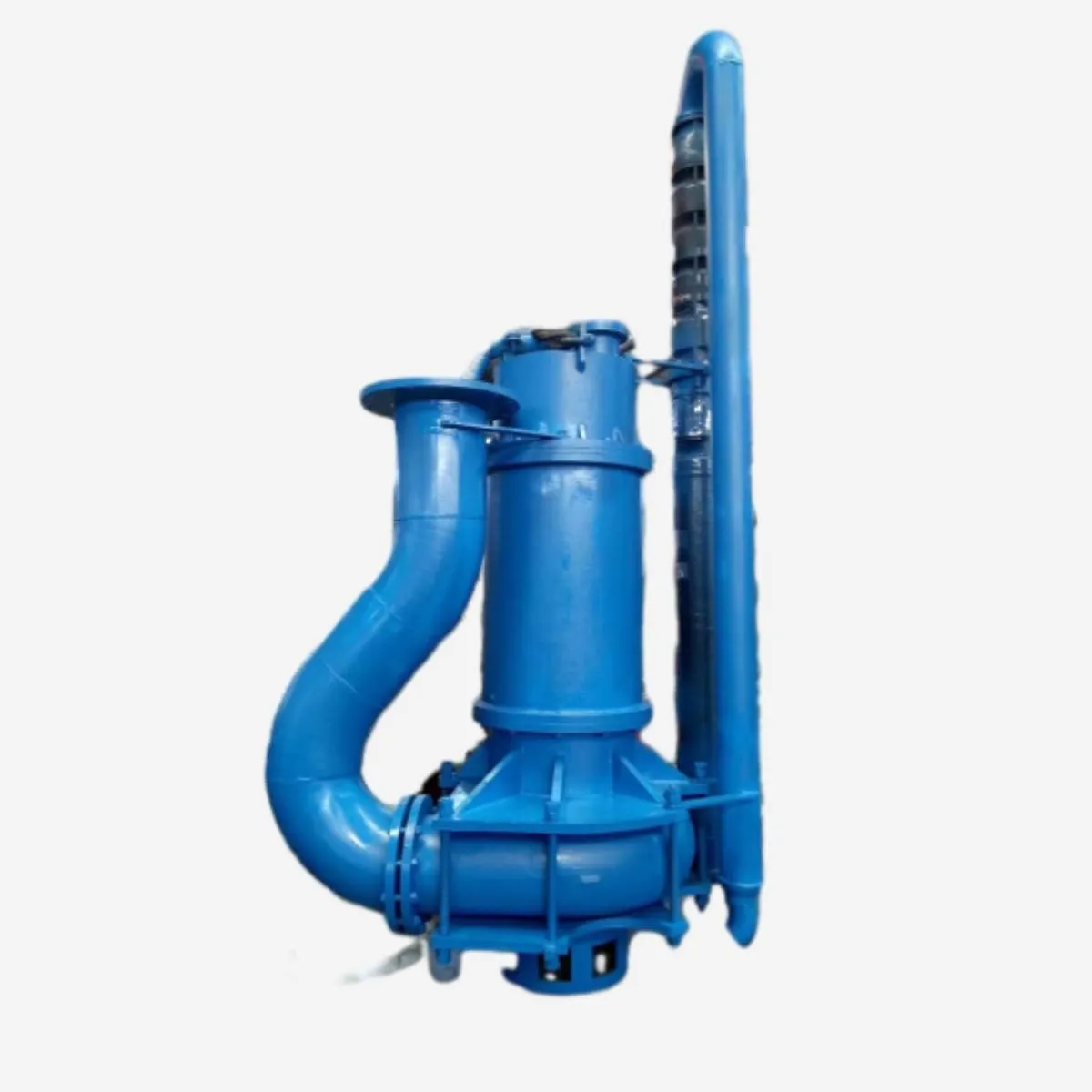Albanian
- Afrikaans
- Albanian
- Amharic
- Arabic
- Armenian
- Azerbaijani
- Basque
- Belarusian
- Bengali
- Bosnian
- Bulgarian
- Catalan
- Cebuano
- Corsican
- Croatian
- Czech
- Danish
- Dutch
- English
- Esperanto
- Estonian
- Finnish
- French
- Frisian
- Galician
- Georgian
- German
- Greek
- Gujarati
- Haitian Creole
- hausa
- hawaiian
- Hebrew
- Hindi
- Miao
- Hungarian
- Icelandic
- igbo
- Indonesian
- irish
- Italian
- Japanese
- Javanese
- Kannada
- kazakh
- Khmer
- Rwandese
- Korean
- Kurdish
- Kyrgyz
- Lao
- Latin
- Latvian
- Lithuanian
- Luxembourgish
- Macedonian
- Malgashi
- Malay
- Malayalam
- Maltese
- Maori
- Marathi
- Mongolian
- Myanmar
- Nepali
- Norwegian
- Norwegian
- Occitan
- Pashto
- Persian
- Polish
- Portuguese
- Punjabi
- Romanian
- Russian
- Samoan
- Scottish Gaelic
- Serbian
- Sesotho
- Shona
- Sindhi
- Sinhala
- Slovak
- Slovenian
- Somali
- Spanish
- Sundanese
- Swahili
- Swedish
- Tagalog
- Tajik
- Tamil
- Tatar
- Telugu
- Thai
- Turkish
- Turkmen
- Ukrainian
- Urdu
- Uighur
- Uzbek
- Vietnamese
- Welsh
- Bantu
- Yiddish
- Yoruba
- Zulu
Telephone: +86 13120555503
Email: frank@cypump.com
Tet . 11, 2024 12:47 Back to list
Understanding the Functionality of Progressive Cavity Pumps for Handling Slurry Applications
Understanding Progressive Cavity Pumps for Slurry Applications
Progressive cavity pumps (PCPs) have become essential tools in various industries, particularly for handling challenging materials like slurries. Slurries, which are mixtures of solids and liquids, can present significant challenges when it comes to transportation and processing. Traditional pumps often struggle with the viscous nature and varying particle sizes of slurries. This is where progressive cavity pumps come into play, offering a reliable and efficient solution.
What is a Progressive Cavity Pump?
A progressive cavity pump is a type of positive displacement pump. It consists of a helical rotor that turns within a fixed stator, creating a series of small, discrete cavities. As the rotor turns, it draws fluid into these cavities and transports it through the pump with a smooth and continuous flow. This design enables the pump to handle a wide range of viscosities, making it particularly suitable for slurries that may contain abrasive materials, large solids, or varying particle sizes.
Key Features of Progressive Cavity Pumps
1. Gentle Handling One of the most significant advantages of progressive cavity pumps is their ability to handle delicate materials without damaging them. The continuous flow and low shear nature of the pump minimize turbulence, making it ideal for applications involving sensitive slurries.
2. Self-Priming Capability PCPs can efficiently self-prime, which allows them to draw slurry into the pump without manually filling the inlet lines. This feature is especially beneficial in applications where the slurry level may fluctuate.
3. Versatile Flow Rates Progressive cavity pumps can provide a wide range of flow rates, accommodating the varying demands of different applications. By changing the rotor and stator dimensions, operators can customize the pump to meet specific needs.
4. Durability These pumps are built to withstand harsh conditions, including abrasive slurries. With materials that can resist corrosion and wear, progressive cavity pumps are designed for longevity and minimal maintenance.
progressive cavity pump slurry

Applications of Progressive Cavity Pumps in Slurry Management
Progressive cavity pumps find applications across various industries. Here are some common areas where they excel at handling slurries
- Mining and Minerals Processing In mining operations, progressive cavity pumps are often used to transport slurries of ore and tailings, helping to move these materials efficiently through different stages of processing.
- Wastewater Treatment In municipal and industrial wastewater facilities, PCPs handle sludge and other thick mixtures. Their ability to manage high solid content and varying viscosities makes them ideal for this application.
- Food Processing In the food industry, equipment must meet stringent hygiene standards. Progressive cavity pumps are used to transfer viscous food products like pastes and slurries, ensuring gentle handling and compliance with regulations.
- Chemical Manufacturing The chemical industry often deals with slurries containing corrosive materials. PCPs' durability and resistance to wear make them suitable for transferring these challenging substances.
Conclusion
Progressive cavity pumps are a vital component for effectively managing slurry applications across various industries. Their unique design and operational advantages allow them to outperform traditional pumping methods in handling viscous and abrasive materials. With self-priming capabilities, versatile flow rates, and robust construction, these pumps are engineered to meet the demanding requirements of modern manufacturing and processing operations.
As industries continue to evolve and face new challenges in slurry management, the role of progressive cavity pumps will only increase. Understanding their capabilities and applications is essential for engineers and operators seeking efficient and reliable solutions for transporting challenging materials. Investing in the right progressive cavity pump can lead to improved operational efficiency, reduced downtime, and long-term reliability, making them an important consideration for any facility dealing with slurries.
-
Large Industrial Sludge Slurry Pump Mining Wear-resistant Solutions
NewsJul.28,2025
-
High-Performance Septic Tank Pumps for Reliable Wastewater Management
NewsJul.26,2025
-
High Efficiency Horizontal Split Case Pump for Industrial Use
NewsJul.25,2025
-
Flue Gas Desulfurization Pump for Efficient Chemical Processing
NewsJul.24,2025
-
High-Efficiency Axial Flow Pump for Water Transfer & Irrigation
NewsJul.23,2025
-
High-Efficiency Horizontal Split Case Pump for Industrial Use
NewsJul.22,2025










